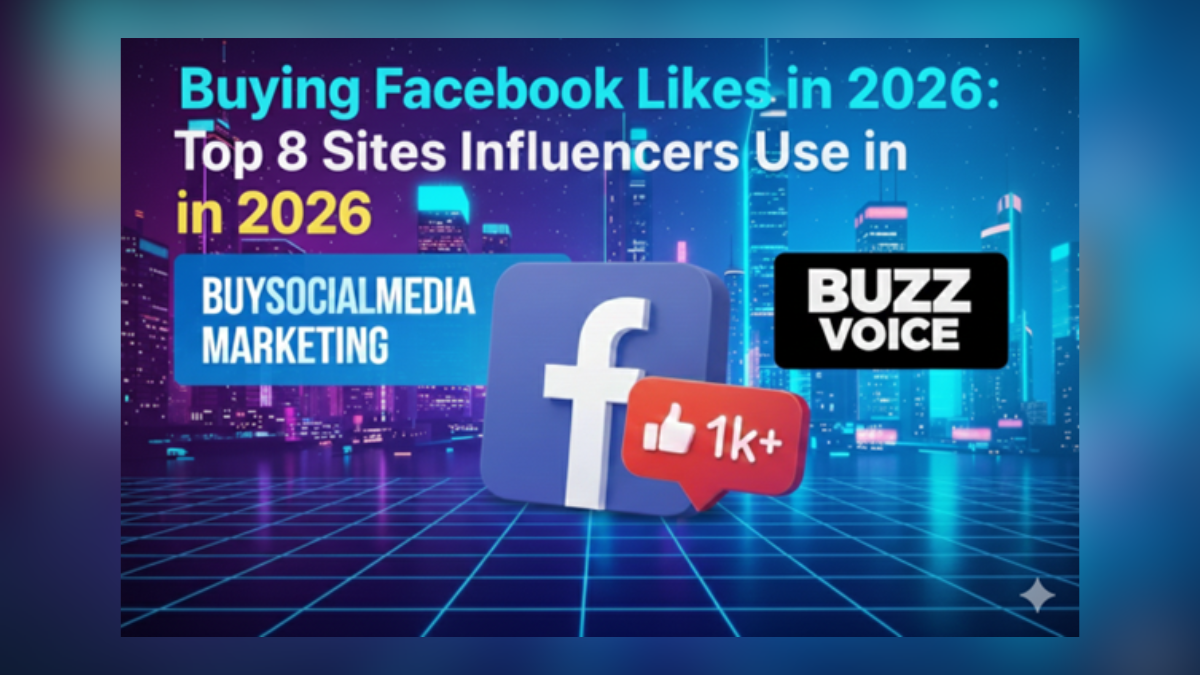How AI-Powered On-Page SEO Tools Are Changing the Game in 2025

July 30 2025, Published 2:30 a.m. ET
In the ever-evolving world of digital marketing, 2025 has emerged as a landmark year for search engine optimization. The integration of artificial intelligence into on-page SEO tools has not only streamlined optimization workflows but also redefined how content is created, structured, and ranked. What was once a manual, time-consuming process has now become a dynamic, data-driven strategy powered by machine learning, natural language processing, and predictive analytics. AI-powered on-page SEO tool is no longer just helpful—they are essential.
The Shift from Traditional to Intelligent Optimization
Historically, on-page SEO involved a checklist of best practices: inserting keywords, optimizing meta tags, ensuring mobile responsiveness, and improving page speed. While these fundamentals remain relevant, the way they are implemented has changed dramatically. AI tools now analyze vast datasets in real time, offering insights that go far beyond keyword density or header tags. They understand user intent, semantic relationships, and content gaps with a level of precision that manual methods simply cannot match.
This shift has empowered marketers to move from reactive optimization to proactive strategy. Instead of waiting for rankings to drop before making changes, AI tools can predict performance trends and recommend adjustments before issues arise. This predictive capability is a game-changer, allowing businesses to stay ahead of algorithm updates and shifting user behaviors.
Real-Time Content Optimization and Semantic Intelligence
One of the most transformative features of AI-powered SEO tools is their ability to provide real-time content optimization. Tools like Surfer SEO, Clearscope, and Frase analyze top-performing pages for a given keyword and offer immediate suggestions on how to improve your content. These suggestions are not limited to keyword usage—they include semantic variations, content structure, readability, and even tone.
Semantic intelligence is particularly important in 2025, as search engines increasingly prioritize context over exact-match keywords. AI tools use natural language processing to understand the meaning behind search queries and ensure that your content aligns with user intent. This means that content is no longer optimized for robots but for real human conversations, making it more engaging and effective.
Automation of Technical On-Page Elements
Beyond content, AI tools are revolutionizing the technical aspects of on-page SEO. Meta tags, schema markup, internal linking, and image alt attributes can now be generated and optimized automatically. Tools like Rank Math and HighLevel’s SEO Suite offer built-in automation that ensures every page adheres to best practices without requiring manual input.
This automation is particularly valuable for large websites with hundreds or thousands of pages. Instead of auditing each page individually, AI tools can scan entire sites, identify issues, and implement fixes in a fraction of the time. This not only improves efficiency but also ensures consistency across the site, which is crucial for maintaining authority and trust with search engines.
Personalized Optimization Based on User Behavior
AI-powered tools are also enabling a new level of personalization in SEO. By analyzing user behavior—such as click-through rates, bounce rates, and time on page—these tools can tailor
optimization strategies to specific audience segments. For example, if a particular demographic prefers shorter paragraphs and more visuals, the tool can recommend content adjustments to better engage that audience.
This user-centric approach aligns perfectly with Google’s emphasis on experience and engagement. In 2025, it’s not enough to rank well; your content must also perform well once users arrive. AI tools help bridge that gap by ensuring that content is not only discoverable but also compelling.
Predictive Analytics and Strategic Planning
Perhaps the most exciting development in AI-powered SEO is the rise of predictive analytics. These tools can forecast how changes to your content or site structure will impact rankings and traffic. By simulating different scenarios, they allow marketers to make data-informed decisions with confidence.
This capability is especially useful for planning content calendars, launching new pages, or updating existing ones. Instead of relying on guesswork, marketers can prioritize efforts based on projected ROI. This strategic foresight transforms SEO from a tactical task into a core component of business planning.
Integration with Conversational and Voice Search
As voice search and conversational AI continue to gain traction, on-page SEO tools are adapting to optimize for these new formats. AI tools now analyze how people speak—not just how they type—and adjust content accordingly. This includes optimizing for long-tail, question-based queries and ensuring that answers are concise and contextually relevant.
In 2025, optimizing for voice search is no longer optional. With the rise of smart assistants and AI chat interfaces, users expect immediate, accurate answers. AI-powered SEO tools help ensure that your content is the one being recommended, read aloud, or featured in conversational results.
The Rise of Unified SEO Platforms
Another trend gaining momentum is the consolidation of SEO functionalities into unified platforms. Instead of juggling multiple tools for keyword research, content optimization, technical audits, and performance tracking, marketers can now access all these features in a single interface. Platforms like HighLevel’s SEO Suite are leading the charge, offering end-to-end solutions powered entirely by AI.
This integration not only simplifies workflows but also enhances data accuracy. When all aspects of SEO are managed within one ecosystem, insights are more cohesive and actionable. It also reduces the learning curve for new users, making advanced SEO accessible to a broader audience.

Challenges and Ethical Considerations
While the benefits of AI-powered SEO tools are undeniable, they also come with challenges. Over-reliance on automation can lead to generic or repetitive content. There’s also the risk of producing content that lacks a human touch, which can alienate readers and diminish brand authenticity.
To mitigate these risks, it’s essential to use AI as a collaborator, not a replacement. Human oversight remains critical for ensuring quality, creativity, and ethical standards. The most successful strategies in 2025 are those that combine machine efficiency with human insight.
Conclusion: Embracing the Future of SEO
AI-powered on-page SEO tools are not just changing the game—they’re rewriting the rules. By automating routine tasks, enhancing content quality, and providing strategic insights, these tools are enabling marketers to achieve better results in less time. In 2025, embracing AI in SEO is no longer a competitive advantage—it’s a necessity.
As the digital landscape continues to evolve, those who adapt quickly and intelligently will lead the way. With the right tools and a thoughtful approach, any blog, business, or brand can harness the power of AI to boost visibility, engage audiences, and thrive in the search-first era. Whether you're optimizing your first blog or scaling a content empire, SEOsets.com equips you with the precision tools to rise in search rankings effortlessly.


